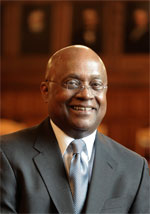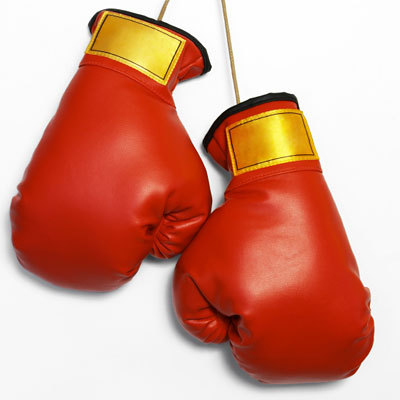 It isn’t often you hear about a judge engaging in fisticuffs with a lawyer appearing before him. Fights may happen in the legislatures of other countries, but it just doesn’t happen in an American courtroom with a jurist. Unless, I guess, that courtroom is in Florida where this happened.
It isn’t often you hear about a judge engaging in fisticuffs with a lawyer appearing before him. Fights may happen in the legislatures of other countries, but it just doesn’t happen in an American courtroom with a jurist. Unless, I guess, that courtroom is in Florida where this happened.
As reported in Florida Today, in an incident in Brevard County, Judge John Murphy first said if he had a rock he would throw it at the lawyer and then it went quickly downhill from there, like kids on a playground:
Murphy and assistant public defender Andrew Weinstock exchanged words in a hearing Monday morning. The exchange escalated, and video records Murphy challenging Weinstock: “If you want to fight let’s go out back and I’ll just beat your ass.”
The men disappear off camera, to a hallway behind the judge’s seat, and loud banging and cursing can be heard. The judge emerges, out of breath, but the attorney does not.
The issue was a simple criminal matter where the judge wanted the public defender to waive the right to a speedy trial. He refused to waive and asked for a trial date.
Tempers flared with that very short interaction, the two of them charged to the back hallway, you can hear the words “Do you want to fuck with me?”, a scuffle takes place and the web blows up with stories about it. Just Google “Judge John Murphy and Andrew Weinstock.”
Here is the short video — I found a version without commercials:
https://www.youtube.com/watch?v=XWXCRnA35HU
Most websites that have covered the matter have excoriated Judge Murphy — who has now taken a leave of absence for anger management classes. This is rightfully so, as no judge should be challenging a lawyer to a fight, then leaving the bench with the person challenged, and then engaging in physical contact with him (and I think I’m safe with the pronoun “him.”)
But since Judge Murphy is such easy pickings for criticism, I’d like to focus on the conduct of the lawyer.
The problem isn’t with any legal argument that he made on behalf of his client. The rule of thumb is simple: Make your argument and then listen to the judge’s ruling. If you expect to lose, it is your job to make sure that it’s all on the record for an appellate court later on.
But what you can’t do, as the lawyer did here, is be belligerent and cutting off the judge when he says “sit down.” This doesn’t help the client. Not. One. Bit. And helping the client is the only reason he is standing in the courtroom well in the first place.
One of the first things a lawyer learns about life in the well of the courtroom is that when the judge speaks, you shut your mouth and listen. Because the judge is in charge, whether you like it or not.
What’s more, when the judge uttered the now-(in)famous words, “If you want to fight let’s go out back and I’ll just beat your ass,” the lawyer charges to the door to go “out back” before the judge is even finished with his rhetorical comment. It was like he was eager to go fight with the judge, either with words or otherwise.
Or at least I presume the judge’s comment was mere rhetorical nonsense based on the tone used, and not a real threat. But whether rhetorical or not, the lawyer’s job is to decline the offer, stay put in the courtroom, and protect the record for the client.
I’ve seen plenty of angry judges in the past, though perhaps not as many as my brethren in the criminal defense bar who carry the baggage of bad apples with them. And I’ve seen plenty of angry lawyers yelling at each other in depositions and in courthouses.
My own tactic for screaming lawyers, which I’ve used several times, is to respond by simply saying, “You’re screaming.” This usually pisses them off and they get louder. Eventually they cool down when they realize they are the only ones engaged that way and making asses of themselves.
When threatened, I have simply ignored the threat and continued doing what I was doing as if it never happened. (Unless the threat relates to a response to this blog, in which case I publish it).
If a judge is out of line, it is not the job of the lawyer to fight, but to make sure it is placed on the record.
The lawyer’s job when faced with a difficult circumstance is to hand the other person the rope with which to hang themselves. And protect the record.
This lawyer fouled up. Because it isn’t about him. It’s about the client. And the record. Which most definitely is not made in the hallway behind the bench.
Elsewhere:
Judicial thuggery: FL judge assaults public defender (A Public Defender)
The Heat of the Well (Simple Justice)
Florida Judge Allegedly Threatens Public Defender, Challenges Him To A Fight, And Then Attacks Him Outside Courtroom (Jonathan Turley)
Judge Beats Up Public Defender (Above the Law)
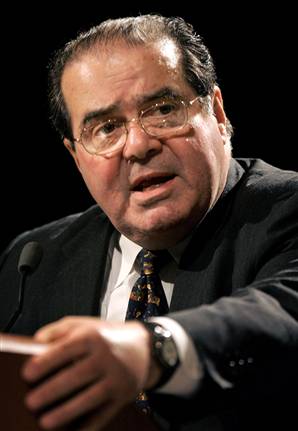 With the passing of Justice Antonin Scalia yesterday, the country immediately went into overdrive discussing his successor.
With the passing of Justice Antonin Scalia yesterday, the country immediately went into overdrive discussing his successor.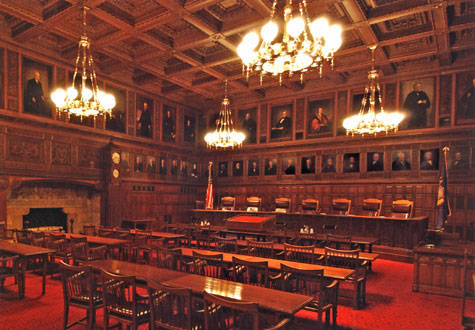

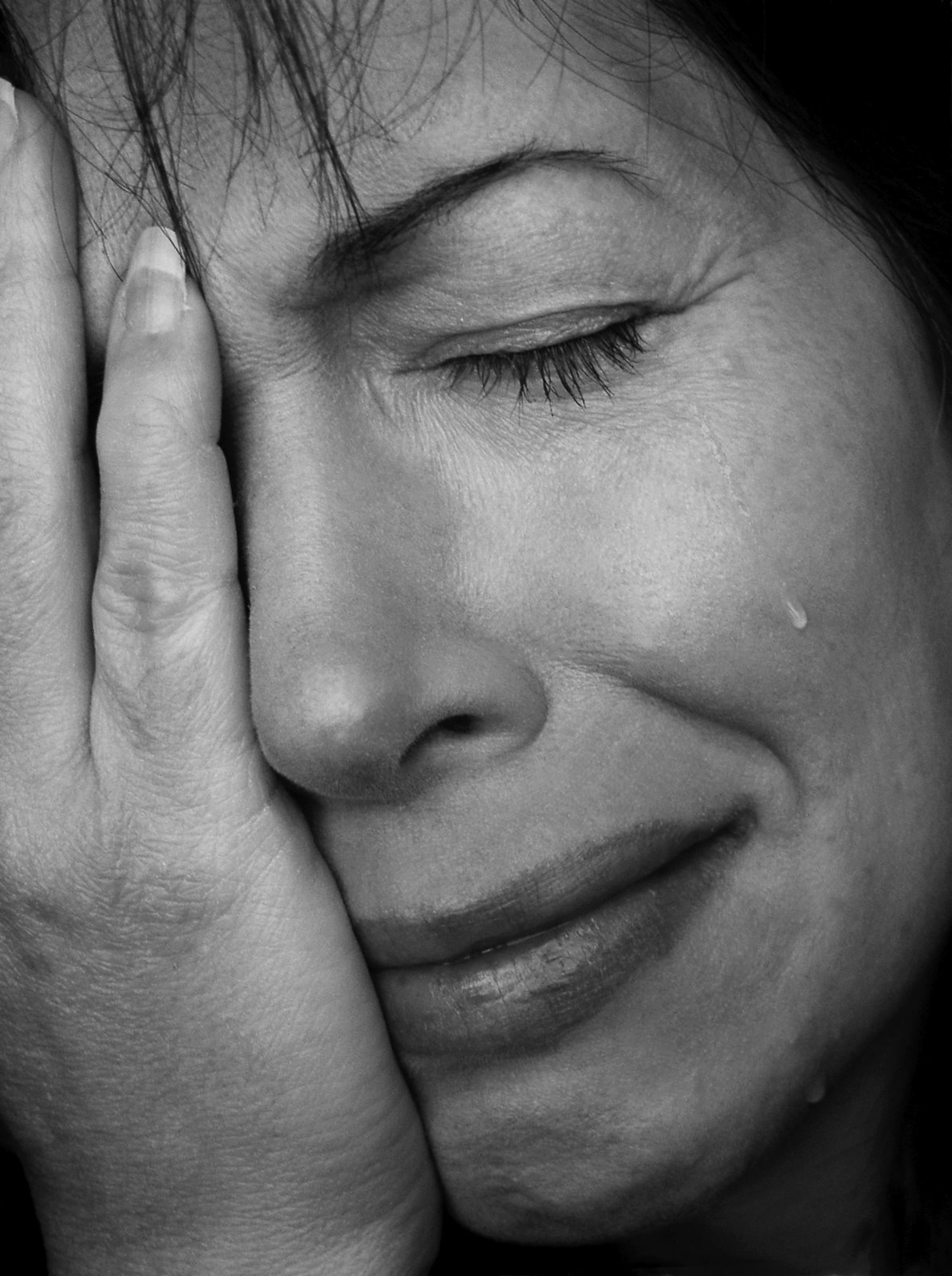 Gov. Cuomo:
Gov. Cuomo: